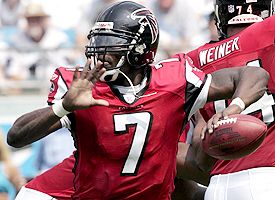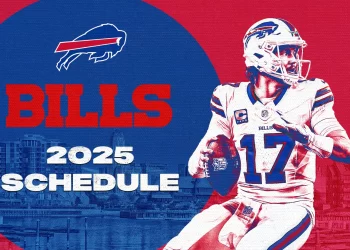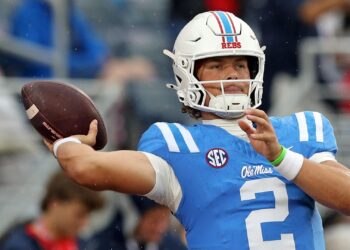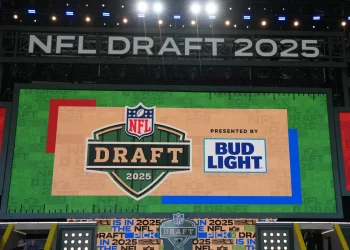By: Zachary Draves
African-Americans Still Face Discrimination
The ongoing COVID-19 forces us to confront realities that we either brushed under the rug entirely or dismissed.
One is disproportionate racial disparities in health and economics. The other is the over-criminalization of African American men.
Recently, Walmart has kicked black men out for wearing masks.
Public health professionals, by the way, encourage wearing masks.
But it wouldn’t matter, because a recent video posted on social media shows police dragging a black man in Philadelphia off a bus for not wearing a mask.
Damned if you do, damned if you don’t.
These issues reflect this widespread practice of overcriminalization that is an American as cherry pie.
America has systemically stripped black men of their manhood. It’s constructed a narrative through institutionalized oppression (Slavery, Jim Crow, Tuskegee Experiment, COINTELPRO, Mass Incarceration, etc.) and cultural depictions (Minstrel Shows, Birth of a Nation, Cartoons, etc.)
As a result, America is conditioned to see black men as less than human. Supposedly, they’re unable to feel pain or vulnerability and are more likely to engage in criminality.
That has found its place in the world of sports. Consider a recent documentary that can be a useful tool for this particular topic.
Vick Wronged
After watching the recent 30 for 30 documentary on ESPN about former NFL quarterback Michael Vick, it got me thinking about the long, troubling history of how American culture overly criminalizes black athletes.

(courtesy: The Undefeated)
The two-part film directed by the famed Stanley Nelson, who did a masterpiece on the Black Panther Party for PBS, really captures the rise and fall of Michael. It ranges from his childhood in Newport News, Virginia, to his glory days at Virginia Tech, The film follows to his brief stint with the Atlanta Falcons, to his eventual scandal involving dogfighting, and his rise to redemption.

(Courtesy: ESPN.com)
It did a brilliant job going into detail as to how Michael was turned into an instant villain after experts heralded him as the next best thing to come into the NFL.
It all began on April 25th, 2007, when a drug investigation involving his cousin occurred at Michael’s home. The officers heard loud barking that led them to discover evidence of potential dogfighting activities.
Eventually, animal control authorities got involved and found facilities behind Michael’s home that was the base for a dogfighting operation called “Bad Newz Kennels” initiated by him and three other men.
The government brought state and federal charges against Michael.

(Courtesy: IndieWire)
The response was swift.
Animal rights groups such as PETA called for the NFL to deny Michael any further opportunities and held protests outside Falcons’ training camp and NFL headquarters.
Unbalanced Coverage
But what became noticeable was that much of the reaction to the case divided along racial lines.
Many white Americans felt that Michael should have kicked out of the league, while many black Americans felt that the case was overblown, and Michael should continue to play.
Extremist right-wing commentator and loud mouth Tucker Carlson went as far as to call for Michael to be executed.
Which gets to the heart of what we shouldn’t overlook: the issue of race.
As Dr. Todd Boyd rightly asked, “Is it the dogfighting that you’re upset about, or is it the fact that he was a successful black athlete, and this was an opportunity for you to vent your anger without looking socially unacceptable in doing so?”
Conversation Needed
That is where we need to have an honest discussion about the criminalization of black athletes.
There is a long history where any time a black athlete is involved in any criminal activity. There is certain sensationalism on the part of the media and other institutional powers. It’s evident and non-existent when white athletes engage in the same behavior.
In other words, it’s doubtful a white athlete would become involved in dogfighting, put under the media microscope, given a 23-month prison sentence, made into the poster child for such behavior, given little chance at redemption, or to have television pundits call for the state to murder him.
The reality is black athletes are held to a higher standard than white athletes are when it comes to personal conduct.
This is an extension of white supremacy in America.
For every Mike Tyson, O.J. Simpson, or Ray Rice, we can easily name Johnny Manzel, Jerry Sandusky, Stone Cold Steve Austin, or Kurt Bush, among many others.
Dump Stereotypes
We have to stop this overemphasizing on black athletes who do wrong because it reinforces racist stereotypes and irrational white supremacist fears of black bodies and especially black male bodies.
Also, the documentary honed in on Michael’s affection and affiliation with Hip Hop culture.
He was to football what Allen Iverson was to basketball.
In other words, he rose to the ranks of athletic stardom with an unapologetic love for Hip Hop.
Much like AI, he proudly walked into the arena rockin the cornrows.
He rocked a handband on the gridiron much as AI rocked the sleeve on the court.
As AI was making commercials with rappers like Jadakiss for Reebok, Michael appeared in TI’s 2003 video for “Rubber Band Man.”

(Courtesy: BlackSportsOnline.com)
From there, he earned the props of other ATL based artists such as Ludacris and Jermaine Dupri.
JD proudly wore a #7 jersey in the 2003 video for “Welcome to Atlanta.”

(Courtesy: Youtube)
Michael’s Hip Hop image made him into an emerging cultural icon that carried a much bigger significance than how much swag he had.
He and AI were to sports what Tupac and Biggie were to popular music.
Hip-Hop Statement
They told America that the urban black male is here to stay. No matter what actions America takes, we will hear the urban black male.
This case also put into perspective the racial biases that are heavily prevalent in the criminal justice system.
In the documentary, Steve Harvey called out the inequities in a stand-up bit.
He talked about how the government forced Michael to go to jail for dogfighting. Meanwhile, a group of NYPD officers walked away for the murder of Sean Bell, a young black man who was unarmed and shot 50 times by the officers on the night of his bachelor’s party in 2006.
I would highly encourage everyone to watch the 30 for 30 on Michael Vick and to connect it to what we are confronting today.
In these times, we must speak truth to power and call out injustice wherever we see it more than ever.


 NFL
NFL





